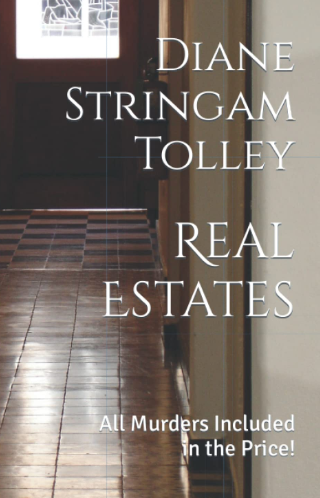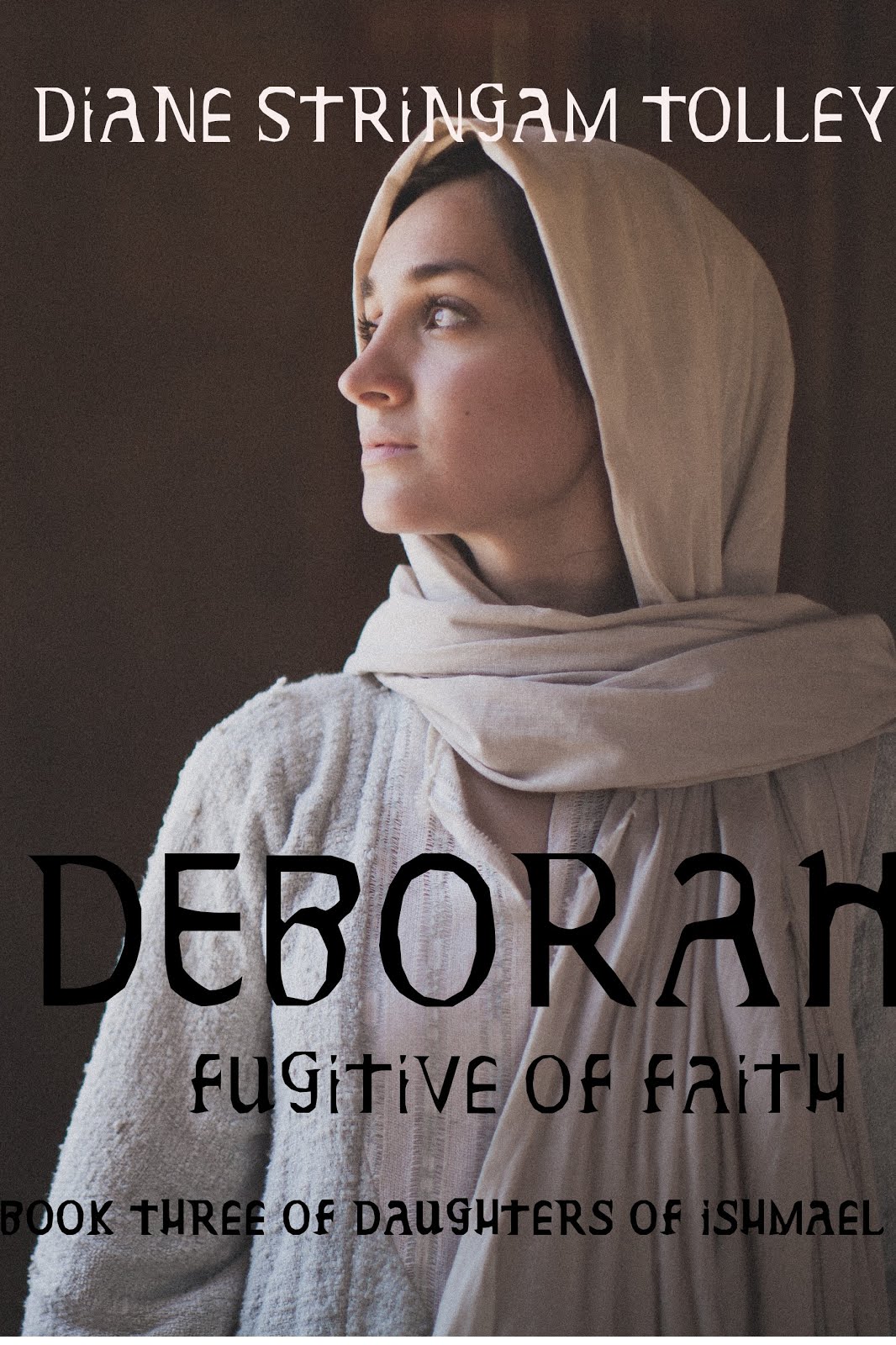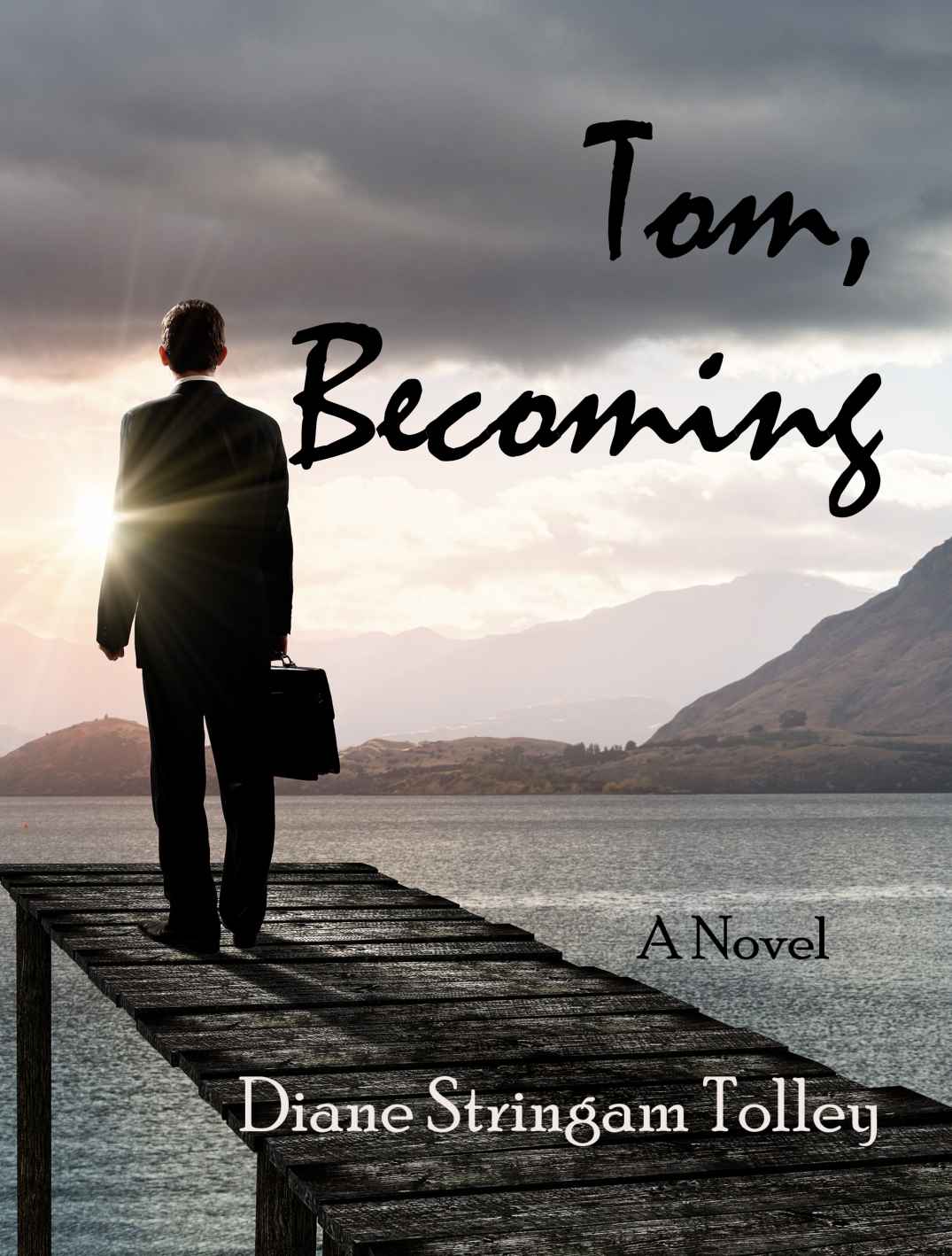Most of the ranching families of my acquaintance were
hard-working, honest folk; generous and helpful and willing to pitch in if ever
a colleague or neighbour—or even a stranger—needed it.
Maybe it had something to do with the isolation their chosen
profession necessitates. Miles between neighbours. Vast tracts of land
stretching forever, inhabited only by cows, antelope and the occasional
tumbleweed.
My grandfather, George Lewis Stringam (a member of this
noble and notable group), was a man of scrupulous honesty and a wonderfully
overdeveloped sense of fairness.
Qualities he passed on to his sons . . .
Uncle Owen, eldest of Grandpa Stringam’s nine sons was a
rancher like his father. For some years, he ranched near the hamlet of Blindloss
in southern Alberta.
While there, he made the acquaintance of a young, newly-minted
and recently-married rancher, Bradley. The two men helped each other out on several
occasions and became good friends.
When Owen sold his ranch and bought another near Duchess,
Alberta, the two families kept up their friendship.
A couple of years later, Bradley came to Owen for advice. He
had a chance, he said, to sell his ranch and go farming. The offer had been
made for his land and he had one day to consider it and give an answer.
Owen counselled him to wait. At that point in time, 1948, there
was an embargo on cattle sales in their area. An embargo that everyone expected
to be lifted at any moment.
Once it was off, cattle prices would soar.
But young Bradley didn’t want to wait for some future event
that could possibly be far in the
future.
Giving in, Uncle Owen sat with him and figured a price for
his land, buildings, cattle, horses and machinery. Then suggested a compromise.
If Bradley refused the present offer, Owen would come down
and look over the land. And, if it was as good as he remembered, he would pay
$5000.00 more than what they had just estimated.
Happily, Bradley agreed and the deal was struck.
Owen duly came, looked over the land, and, after once more
cautioning Bradley to wait for the embargo to be lifted, agreed to the greater
price.
Papers were drawn up by the bank. A down payment changed
hands.
And Bradley and his wife headed for the last time toward the
home they had just sold.
But the story doesn’t end there.
As they drove, an announcement came over the radio that the
embargo had just been lifted. Cattle were selling for twice what they had
brought only four hours before.
The couple turned around and hurried back to Owen, asking
that he tear up the papers and forget the deal.
Owen refused, saying that he had repeatedly warned Bradley and
that they had made a more-than-fair agreement.
Disappointed, the couple left once more.
But for the next two months, Bradley kept calling, asking
Owen to reconsider.
Owen and his brother, Bryce, took a portion of their
newly-acquired herd to market.
And made enough to pay for the entire ranch.
Plus $6000.00.
The two brothers decided to do something unusual.
They would offer the remainder of the herd—some 240-plus
head—back to Bradley.
Then throw in the ranch and machinery.
As a gift.
Nope. Owen definitely wasn’t about to cancel a bargain.
But
he didn’t have a problem making a new . . . and infinitely better . . . one.



































I imagine Bradley was on pins and needles for those two months, though! Couldn't Owen have just hinted a bit? :)
ReplyDeleteWow! What a gift! What a fabulous thing to do!
ReplyDeleteI love your family.
Awe inspiring.
ReplyDelete